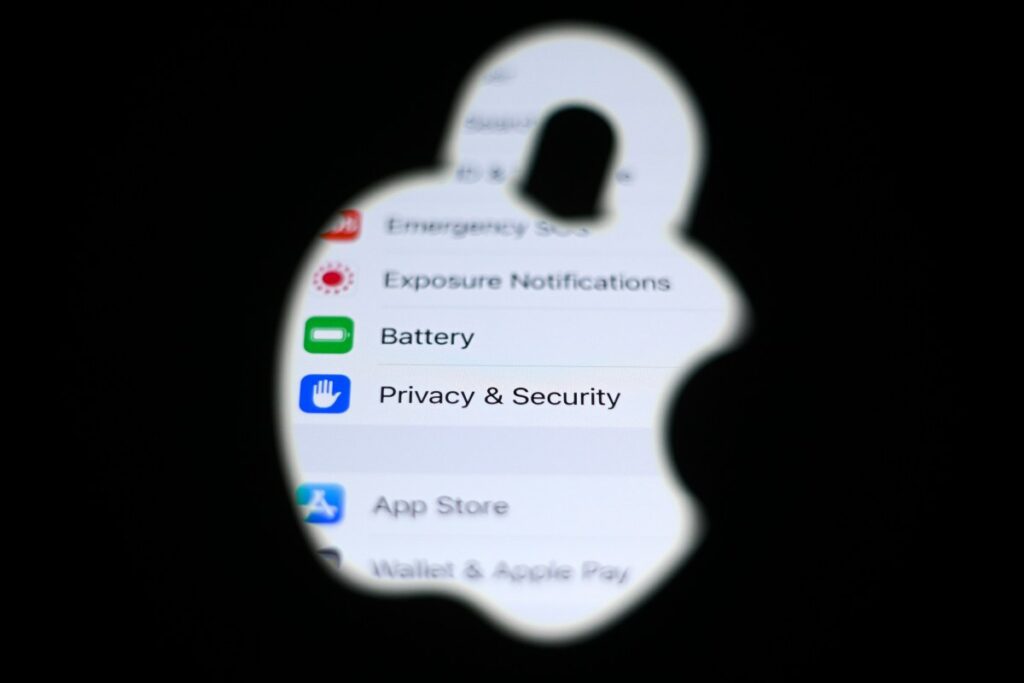In line with safety sources, Apple’s new iPhone software program has a novel safety characteristic that may trigger the cellphone to reboot if it isn’t unlocked inside 72 hours, researchers stated.
Final week 404 Media reported that regulation enforcement officers and forensic specialists have been involved that some iPhones have been rebooting below mysterious circumstances, making it harder for them to entry the units and extract information. 404 Media cites safety researchers as saying Later iOS 18 has a model new “Inactivity Reboot” characteristic that may drive a tool to restart.
Now we all know precisely how lengthy it can take for this characteristic to take impact.
On Wednesday, Jiska Classen, a researcher on the Hasso Das Plattner Institute and one of many researchers, stated that whoever developed the brand new characteristic had released a video demonstrating the inactive restart feature. The video exhibits that an unattended and unlocked iPhone will restart by itself after 72 hours.
Magnet Forensics, an organization that makes digital forensics merchandise in addition to the iPhone and Android information extraction system Graykey, also confirmed that the characteristic has a 72-hour timer.
The ‘inactivity reboot’ successfully places the iPhone right into a safer state that locks the client’s encryption key within the iPhone’s Secure Enclave chip.
“Even when thieves depart your iPhone powered on for a very long time, they will use it extra cheaply, and older forensic instruments cannot unlock it,” Klassen wrote. Three days is a very long time while you’re coordinating an operation with an expert analyst. “
Contact Us
Do you’re employed for a cell forensics company or police division? We need to hear from you. Out of your private gadget, you possibly can contact Lorenzo Franceschi-Bicchierai securely by way of Sign (+1 917 257 1382) or Telegram and Keybase @lorenzofb or email. It’s also possible to contact TechCrunch at contact SecureDrop.
When an iPhone is within the BFU state, the information on the consumer’s iPhone is totally encrypted and nearly inaccessible until the consumer trying entry is aware of the consumer’s passcode. Within the AFU state, nonetheless, some information shouldn’t be encrypted, permitting sure forensic system instruments to extra simply extract information even when the cellphone is locked.
iPhones in these two states are often known as “scorching” or “chilly” fashions, a safety researcher with the iPhone nickname Tihmstar advised TechCrunch.
Tihmstar stated many forensics corporations are eyeing “scorching” fashions which are within the AFU state as a result of the consumer has lastly entered the proper passcode, which is saved within the iPhone’s safe enclave reminiscence. In distinction, “chilly” fashions are tougher to compromise as a result of their reminiscence can’t be simply extracted as soon as the cellphone is restarted.
Through the years, Apple has added new safety features that have been (*1*) on the grounds that it will make their jobs harder. In 2016, the FBI sued Apple, urging the corporate to construct a backdoor to unlock the iPhone of a mass assassin. Lastly, Australian startup Azimuth Safety helped ” rel=”noreferrer noopener nofollow” data-mce-href=”https : //techcrunch.com/2016/03/13/why-apple-is-right-to-resist-the-fbi/”>FBI sued Apple, urging the corporate to construct a backdoor to unlock the iPhone of a mass assassin. Lastly, Australian startup Azimuth Safety helped ” rel=”noreferrer noopener nofollow” data-mce-href=”https://www.washingtonpost.com/expertise/2021/04/14/azimuth-san-bernardino-apple-iphone-fbi/”>FBI, cracking the cellphone.




![iPhone Show display screen Different Worth throughout the US [2024]](https://techhiden.com/wp-content/uploads/2024/08/iPhone-Screen-Replacement-Cost-in-the-US-2024-300x171.jpg)
![Recommendations on Setup Hey Siri on Your iPhone [Step by Step Guide]](https://techhiden.com/wp-content/uploads/2024/08/Hey-Siri-Setup-on-Your-iPhone-Step-by-Step-Guide-300x171.jpg)